Specialist Doctor 2 Nguyen Thi Diem Huong, University of Medicine and Pharmacy Hospital, Ho Chi Minh City - Facility 3 said that although genetic factors are the cause of kidney failure occurring before the age of 50, it is currently estimated that over 24% of cases of chronic kidney disease in developed industrial countries may be due to nutritional factors.
"What you eat and drink will directly affect your health. Good control of blood pressure and diabetes can help prevent kidney failure from progressing. Patients should rest, combine light, reasonable exercise to avoid fatigue and get enough sleep. Good living habits will greatly support the treatment of kidney failure," Dr. Huong shared.
Choose foods low in salt and sodium
To control blood pressure and reduce the load on the heart and kidneys, Dr. Huong recommends that patients choose foods low in salt and sodium.
Your diet should contain less than 2,300 mg of sodium per day (equivalent to 1 level teaspoon of salt). Buy fresh foods because packaged foods often have added salt. Do not add salt when cooking or eating. Do not use spices or vegetables containing salt. Check the amount of salt listed in the ingredients of packaged foods. Salt content ≥ 20%/day means the food has a high salt content.
Eat the right amount and type of protein
Consuming large amounts of animal protein can lead to further loss of nephrons (the structural and functional units of the kidneys) due to damage to the glomerular capillaries. Eating the right amount and type of protein can help protect the kidneys and slow the progression of kidney disease.
Using the right amount of protein, too much can adversely affect kidney function, but too little can cause malnutrition, muscle and organ atrophy, and health decline.
Protein can be of animal origin (such as meat, fish, milk, eggs) or plant origin (such as beans, seeds, tubers, etc.). The type of protein used needs to contain many essential amino acids. Animal protein and milk contain enough and more essential amino acids than vegetable protein. However, animal protein (excluding fish) contains a lot of phosphorus and saturated fat which are not good for the kidneys and heart.
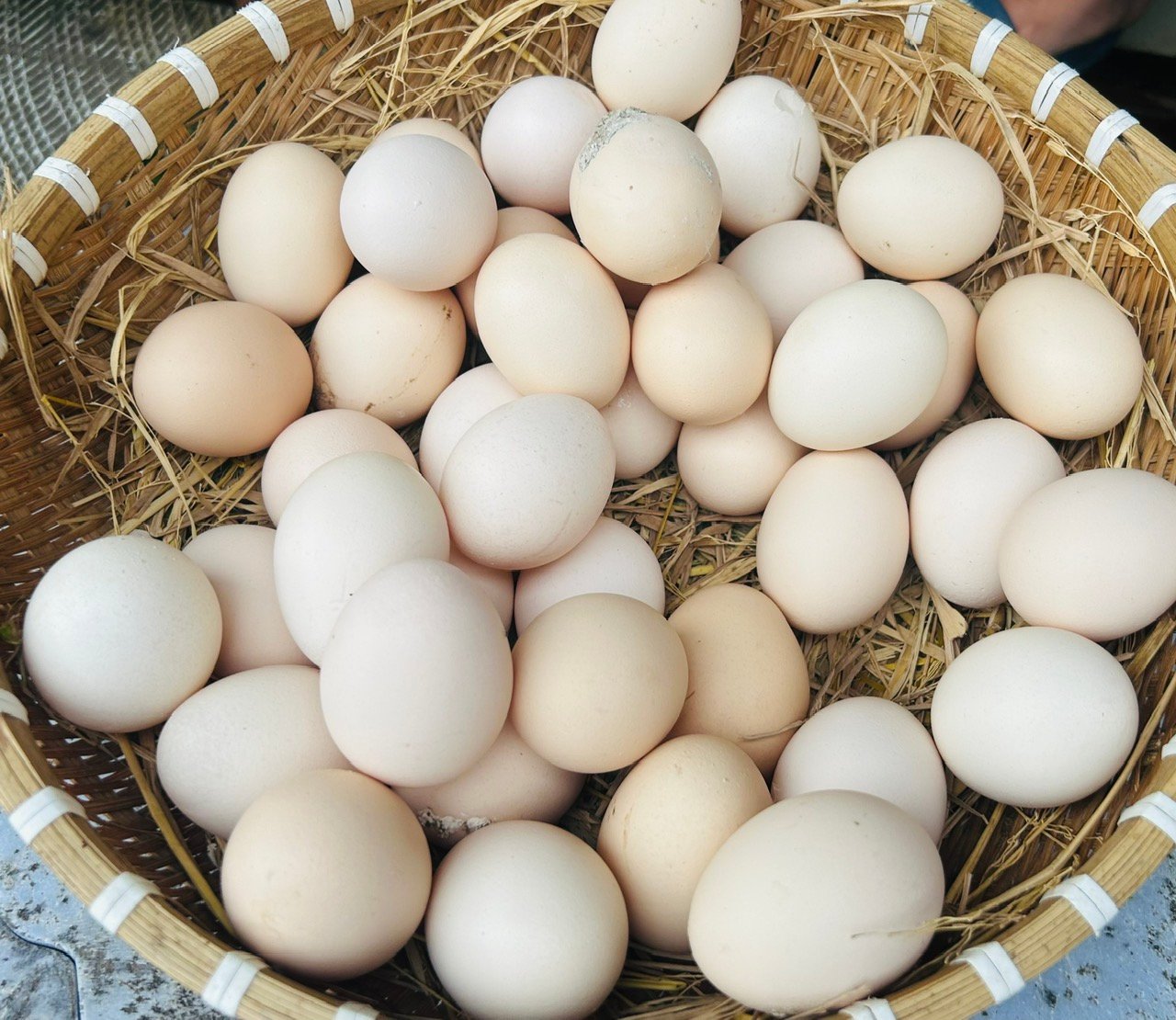
Protein can be of animal origin (such as meat, fish, milk, eggs) or of plant origin (such as beans, seeds, tubers, etc.)
"The daily protein allowance for kidney patients who have not undergone dialysis is 0.8 grams of protein/kg of body weight. For example, a person weighing 50 kg, the daily protein allowance is: 0.8 x 50 = 40 grams of protein/day. For people undergoing regular dialysis, the daily protein allowance is 1.2 grams/kg of body weight to compensate for the protein lost during dialysis," Dr. Huong analyzed.
Choosing heart-healthy foods
Avoid burnt foods. Use vegetable oils, especially soybean and olive oils, for frying. Avoid using animal fats. Remove fat and skin from meats (beef, pork, chicken, duck, etc.). Foods that are good for the heart include: Fish, beans, nuts, vegetables, lean meat, yogurt, low/fat-free milk.
Choose foods low in phosphorus
Many packaged foods, including milk, are high in phosphorus. Check the ingredient label for the ingredients in the food. Choose foods low in phosphorus to help protect your bones and blood vessels. Foods low in phosphorus include fresh vegetables, fruits, breads, pasta, rice, and cereals.
Foods high in phosphorus should be limited such as meat, poultry, fish, milk, beans, seeds...
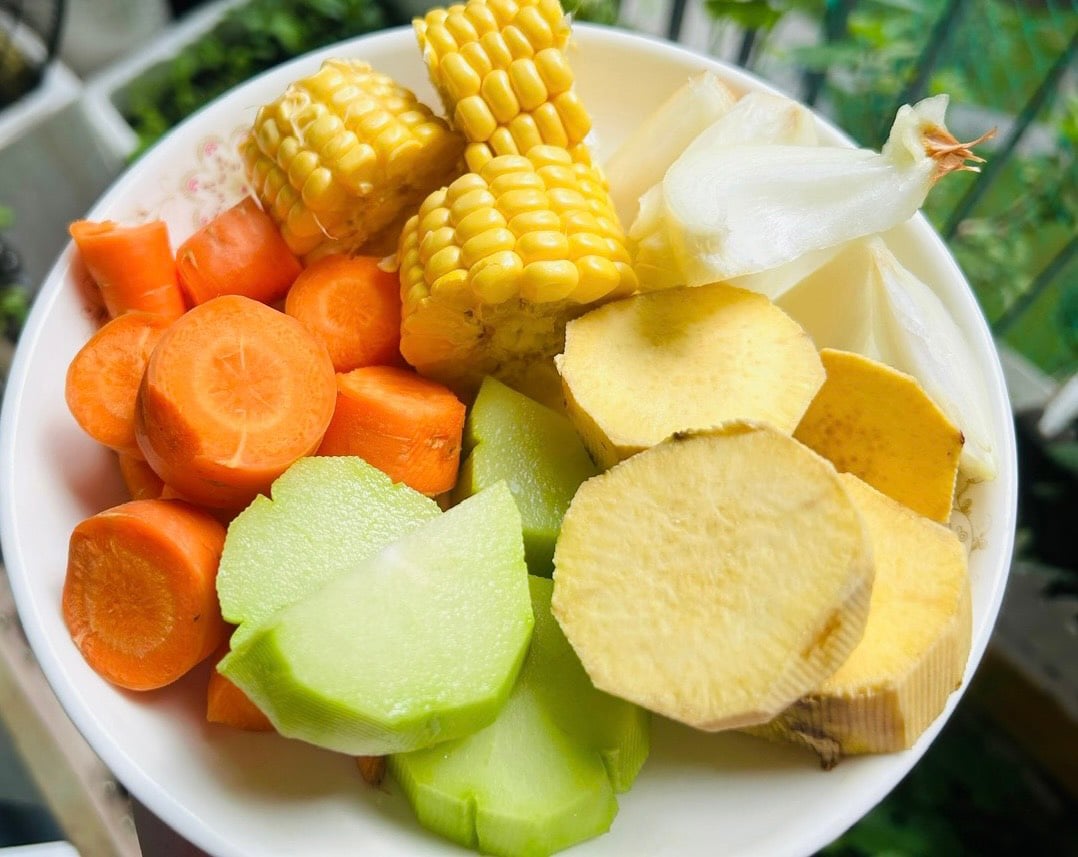
Choose fresh vegetables and fruits instead of packaged foods that are often loaded with salt.
Choose foods low in potassium
Choose foods that contain the right amount of potassium to help the nervous system, heart, and muscles function properly. Salt substitutes can contain high amounts of potassium. Foods low in potassium include apples, peaches, carrots, green beans, white bread, noodles, white rice, cooked rice, and cereals. Foods high in potassium include oranges, bananas, potatoes, tomatoes, brown rice, milk, etc.
Check out the DASH healthy diet
The DASH diet is a scientific eating method for people who want to prevent or treat high blood pressure, reduce the risk of cardiovascular diseases. This is also considered a suitable diet for people with kidney failure, with related diseases. The DASH diet includes many fruits, vegetables, low-fat dairy products and low animal protein.
Drink enough water, don't drink too much
People with kidney failure need to drink enough water, but not too much. Because damaged kidneys cannot excrete more fluid as usual. Too much fluid in the body can be dangerous, causing difficulty controlling blood pressure, edema, and heart failure.
Depending on the stage of kidney disease and treatment, your doctor may ask you to limit or reduce your daily fluid intake. You should drink water in small sips or glasses to control the amount of water you take in.
Source link


![[Photo] Prime Minister Pham Minh Chinh receives Deputy Prime Minister of the Republic of Belarus Anatoly Sivak](https://vstatic.vietnam.vn/vietnam/resource/IMAGE/2025/4/2/79cdb685820a45868602e2fa576977a0)
![[Photo] Special relics at the Vietnam Military History Museum associated with the heroic April 30th](https://vstatic.vietnam.vn/vietnam/resource/IMAGE/2025/4/3/a49d65b17b804e398de42bc2caba8368)

![[Photo] Moment of love: Myanmar people are moved to thank Vietnamese soldiers](https://vstatic.vietnam.vn/vietnam/resource/IMAGE/2025/4/3/9b2e07196eb14aa5aacb1bc9e067ae6f)
![[Photo] Comrade Khamtay Siphandone - a leader who contributed to fostering Vietnam-Laos relations](https://vstatic.vietnam.vn/vietnam/resource/IMAGE/2025/4/3/3d83ed2d26e2426fabd41862661dfff2)

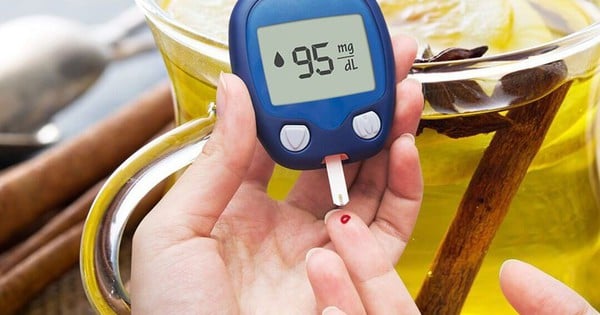

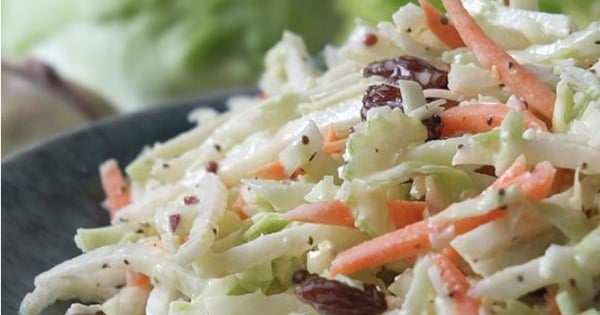
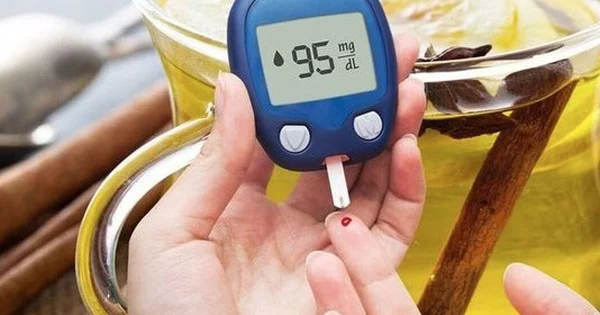



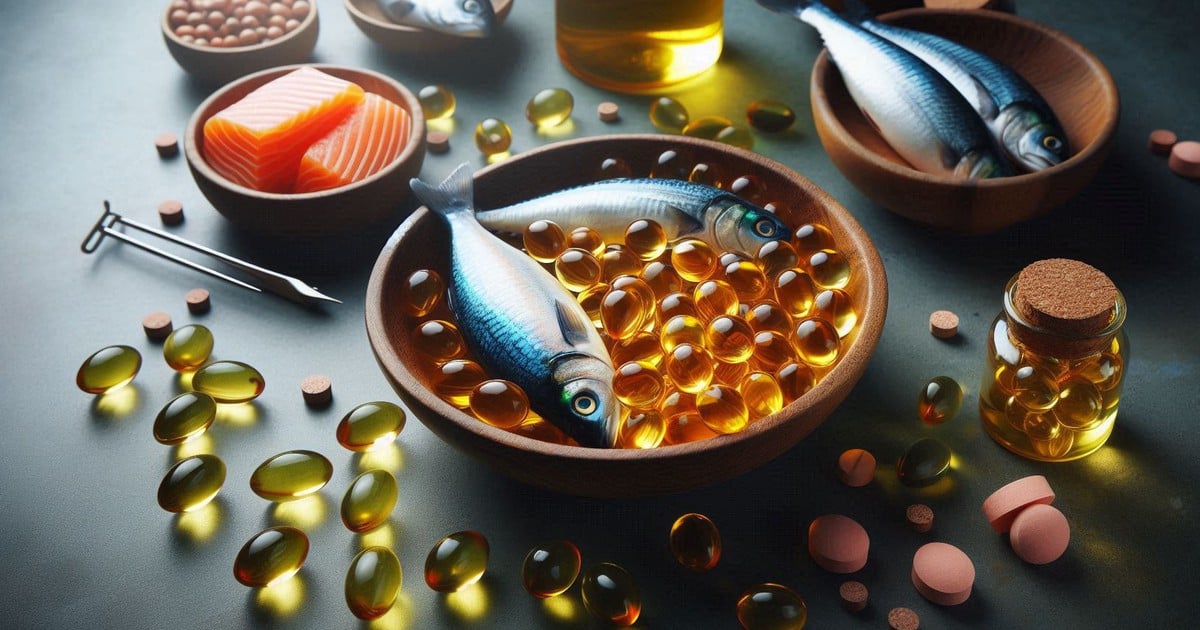
![[Video] Hanoi strengthens food safety control at schools, tightens handling of violations](https://vstatic.vietnam.vn/vietnam/resource/IMAGE/2025/4/3/c9a2202768fb4d6dbd70deaf3f28979f)
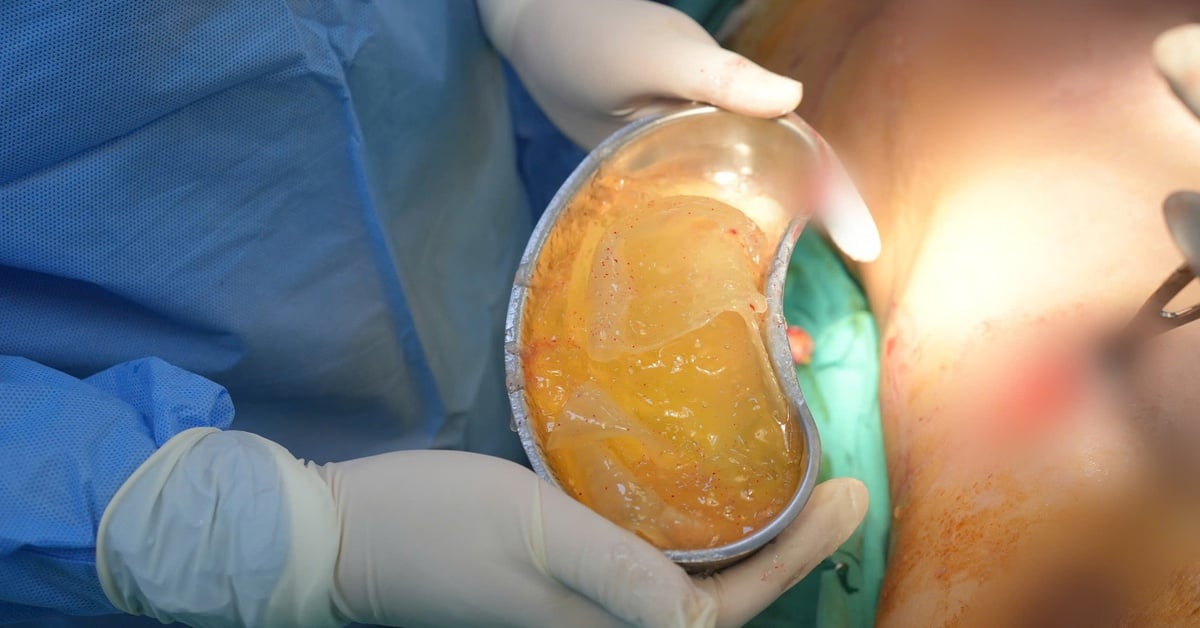


![[Video] Hanoi ensures adequate supply of medicine to prevent and control epidemics during the changing seasons](https://vstatic.vietnam.vn/vietnam/resource/IMAGE/2025/4/3/ad5d4d3bad3b469ba636737dc4e6efd1)
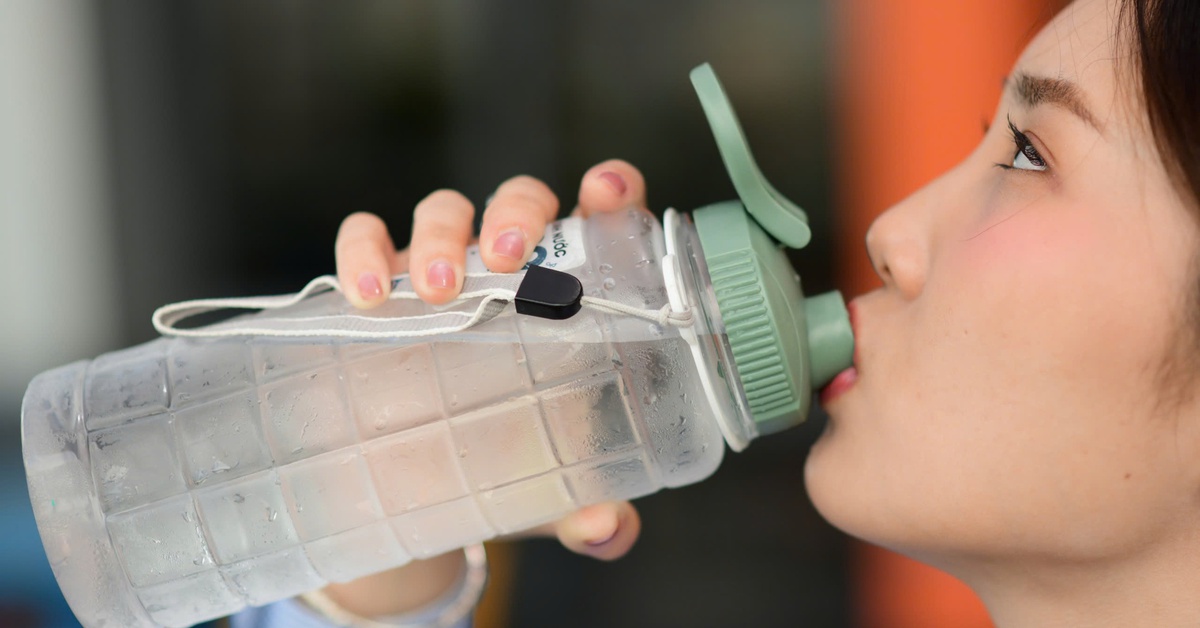











































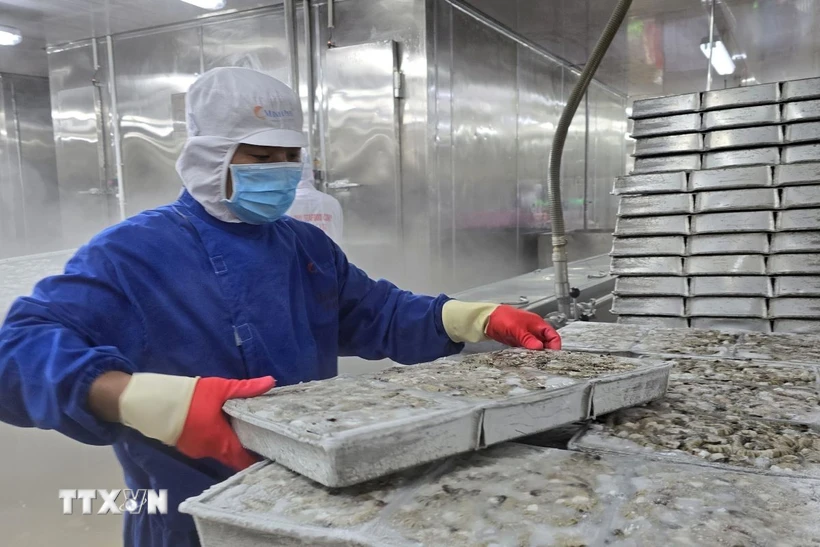
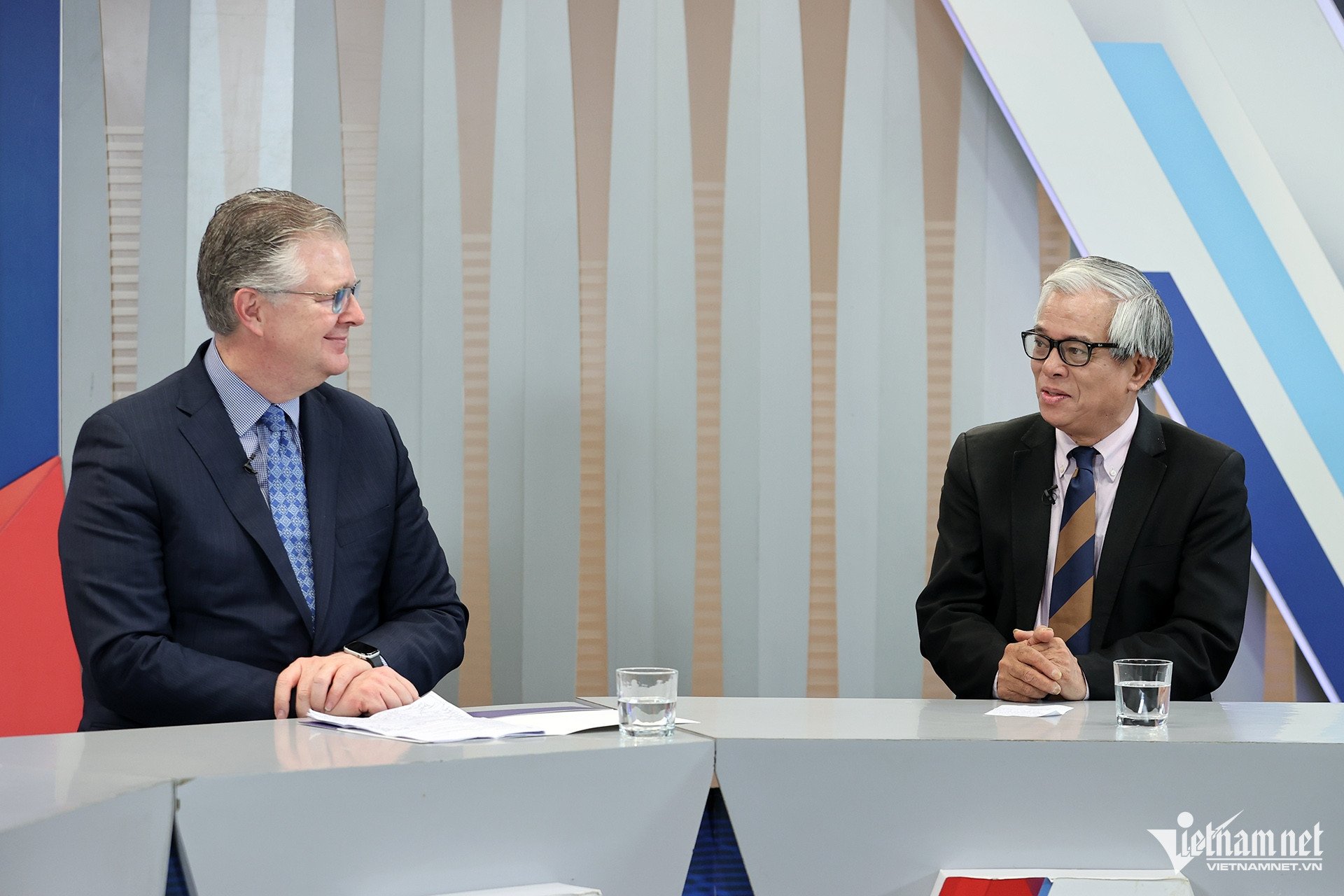



























Comment (0)